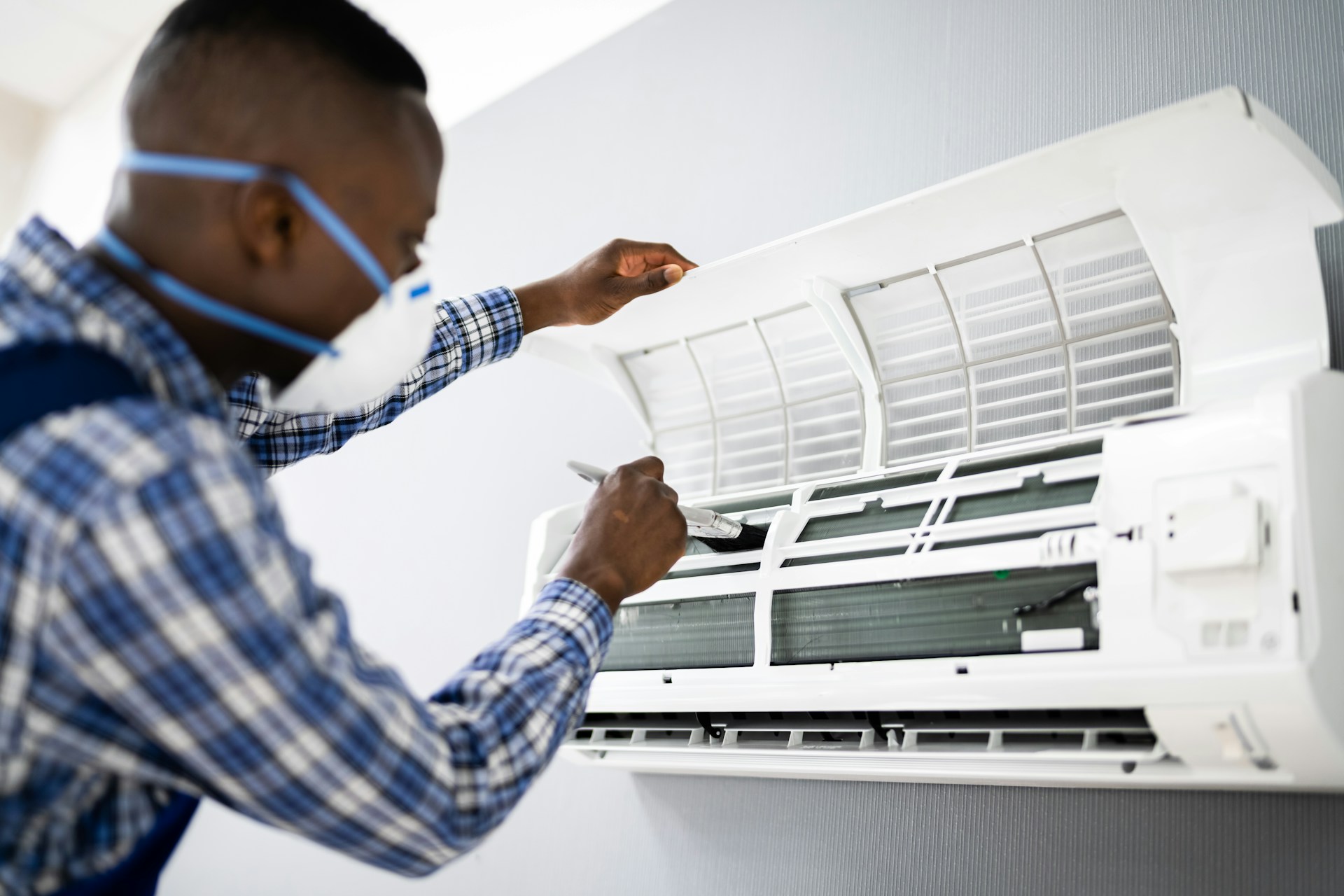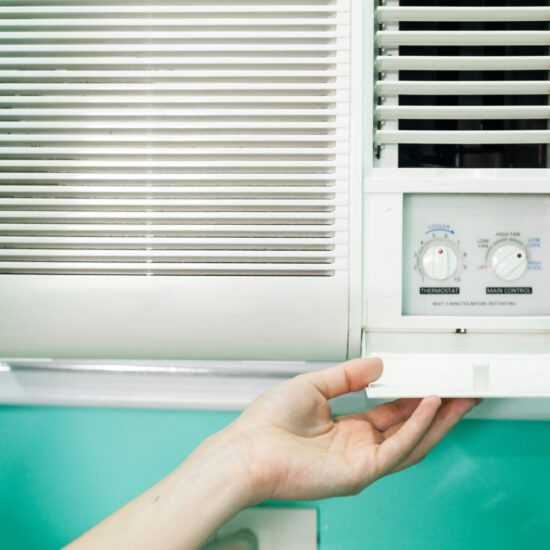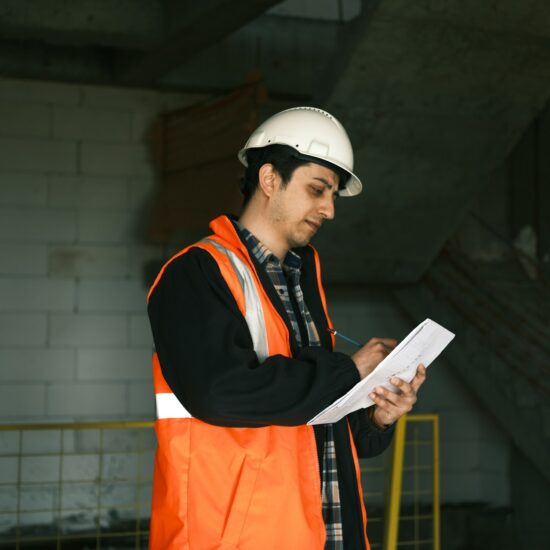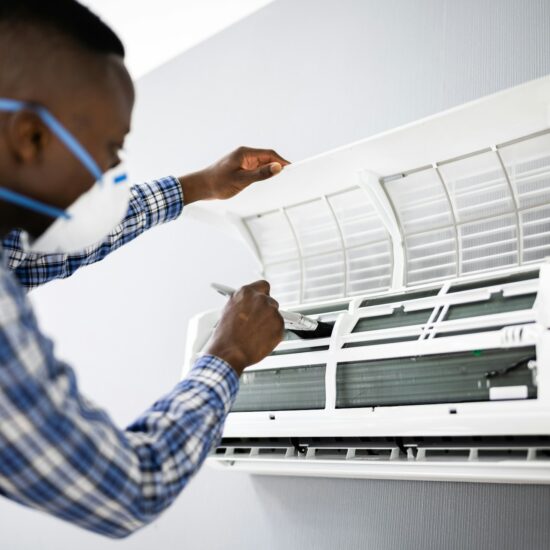Regular HVAC maintenance is essential for both residential and commercial systems.
Maintaining your HVAC system not only enhances efficiency but also extends its lifespan, saving you money in the long run. Climate conditions can greatly affect system performance, making routine checks crucial for optimal functioning throughout the year.
You may notice issues such as inconsistent temperatures or increased energy bills when maintenance is overlooked. Simple tasks like changing filters and scheduling professional inspections can prevent these problems, ensuring your environment remains comfortable. By investing time in HVAC upkeep, you safeguard your investment and contribute to a healthier climate in your space.
From regular cleanings to timely repairs, each action plays a role in your system's reliability and performance. Prioritizing maintenance keeps your indoor climate pleasant and energy-efficient, benefiting you and your surroundings.
Understanding HVAC Systems
HVAC systems are essential for managing indoor climate, ensuring comfort, and maintaining air quality.
Components and Functionality
An HVAC system consists of several key components:
- Heating Unit: Often a furnace or heat pump that generates warmth.
- Cooling Unit: Typically an air conditioner that removes heat from indoor air.
- Ventilation System: Helps circulate air, bringing in fresh air and removing stale air.
- Thermostat: A control device that adjusts temperature settings.
These components work together to regulate temperature and promote healthy air quality.
Heating and Cooling Principles
Heating primarily uses combustion or heat transfer methods. Furnaces burn fuel, while heat pumps move heat from outside to inside.
Cooling employs refrigeration cycles. The refrigerant absorbs heat from indoor air, cooling it before releasing the heat outside.
Efficient use of heating and cooling can significantly impact energy costs and comfort levels in your home.
The Importance of Regular Maintenance
Regular maintenance is vital for the longevity and efficiency of your HVAC system. Here are key maintenance tasks:
- Filter Replacement: Regularly change or clean air filters to maintain airflow and air quality.
- System Inspections: Annual professional inspections ensure all components are functioning correctly.
- Duct Cleaning: Cleaning ducts removes dust and allergens, improving air quality.
Neglecting maintenance can lead to breakdowns and increased energy bills. By prioritizing regular upkeep, you enhance the system's performance and prolong its lifespan.
Professional HVAC Services
When considering HVAC services, it is essential to focus on installation, routine maintenance, and specialized care for various systems. Each aspect plays a crucial role in ensuring your system operates efficiently and reliably.
Installation and Replacement
Professional installation of your HVAC system is critical for optimal performance. Experienced technicians ensure all components, including heat pumps and ductless systems, are correctly set up, minimizing the risk of future issues.
Key considerations during installation include:
- Sizing: Properly sized units match your space requirements.
- Ductwork: Ensuring ductwork is sealed and insulated enhances efficiency.
- Electrical Connections: Expert handling of electrical components ensures safety and compliance with local codes.
If you need to replace an HVAC system, technicians will assess your current setup to recommend the best options tailored to your needs.
Routine Maintenance and Repairs
Routine maintenance is vital for extending the lifespan of your HVAC system. Scheduled inspections help identify potential problems before they escalate into costly repairs.
Typical maintenance tasks include:
- Filter Changes: Regular filter replacements improve air quality and efficiency.
- Cleanings: Technicians clean coils and other parts to prevent buildup and maintain airflow.
- System Checks: Regular evaluations of your furnace and air conditioning systems identify wear and tear, ensuring efficient operation.
Addressing minor issues promptly can prevent major breakdowns, reducing the need for extensive HVAC repairs.
Specialized Care for Different Systems
Each HVAC system has unique requirements. Knowledgeable technicians are trained to provide tailored services for boilers, furnaces, and heat pumps.
- Boilers: Regular checks of pressure, water levels, and venting ensure safe operation.
- Furnaces: Technicians focus on igniters, burners, and heat exchangers to maintain performance.
- Heat Pumps: Seasonal checks help optimize efficiency in both heating and cooling modes.
Advantages of Timely Maintenance
Timely HVAC maintenance offers substantial benefits that can enhance energy efficiency, prolong system lifespan, and improve indoor air quality. Addressing these areas will lead to a more comfortable and cost-effective environment in your home.
Energy Efficiency and Cost Savings
Regular maintenance ensures that your HVAC system operates efficiently. When filters are clean, and components are lubricated, the system consumes less energy.
By identifying issues early, you can avoid costly repairs. Neglecting maintenance often leads to more severe problems, which can be expensive to fix. Moreover, maintaining your system can help you stay within warranty requirements, preventing unexpected expenses.
Extending Equipment Lifespan
Investing time in routine maintenance can significantly extend your HVAC equipment's lifespan. Systems that receive regular check-ups experience fewer breakdowns and last longer than those that do not.
Indoor Air Quality Improvement
Timely maintenance directly impacts your home's indoor air quality. A well-maintained HVAC system filters out dust, allergens, and other pollutants, promoting a healthier living environment.
Routine checks and cleanings help ensure that air ducts are free of debris, improving airflow. This also aids in reducing the risk of mold growth in hidden areas. Enhanced air quality benefits your family’s health, particularly for those with allergies or respiratory conditions.
Selecting the Right HVAC Contractor
Choosing a qualified HVAC contractor is crucial for ensuring the efficiency and longevity of your heating and cooling systems. Focus on their credentials, customer feedback, and pricing structures to make an informed decision.
Credentials and Expertise
When selecting an HVAC contractor, verify their credentials and expertise. Look for licenses and certifications that demonstrate proficiency in HVAC systems. Contractors should possess knowledge of both installation and maintenance of various units.
Inquire about ongoing training programs. This ensures that the contractor stays updated on the latest industry standards and technologies. Additionally, consider the type of HVAC systems the contractor specializes in, such as residential or commercial.
Don’t forget to check their insurance coverage. A reputable contractor should have liability and worker's compensation insurance to protect you from any potential liability.
Transparent Pricing and Warranties
Transparent pricing is essential when selecting an HVAC contractor. Request detailed written estimates that break down labor, parts, and any other associated costs. This helps avoid surprise charges later.
Discuss warranties on both the work performed and the equipment installed. A solid contractor will offer a warranty or a 100% satisfaction guarantee. This coverage provides peace of mind, ensuring that you won’t bear the full cost of repairs if issues arise shortly after installation.
Make sure to read the fine print on all warranties. Understand what is and isn’t covered, as this can influence your long-term satisfaction with the contractor's work.




